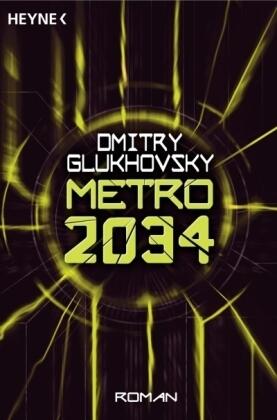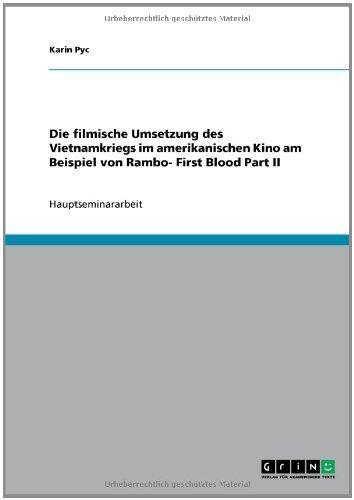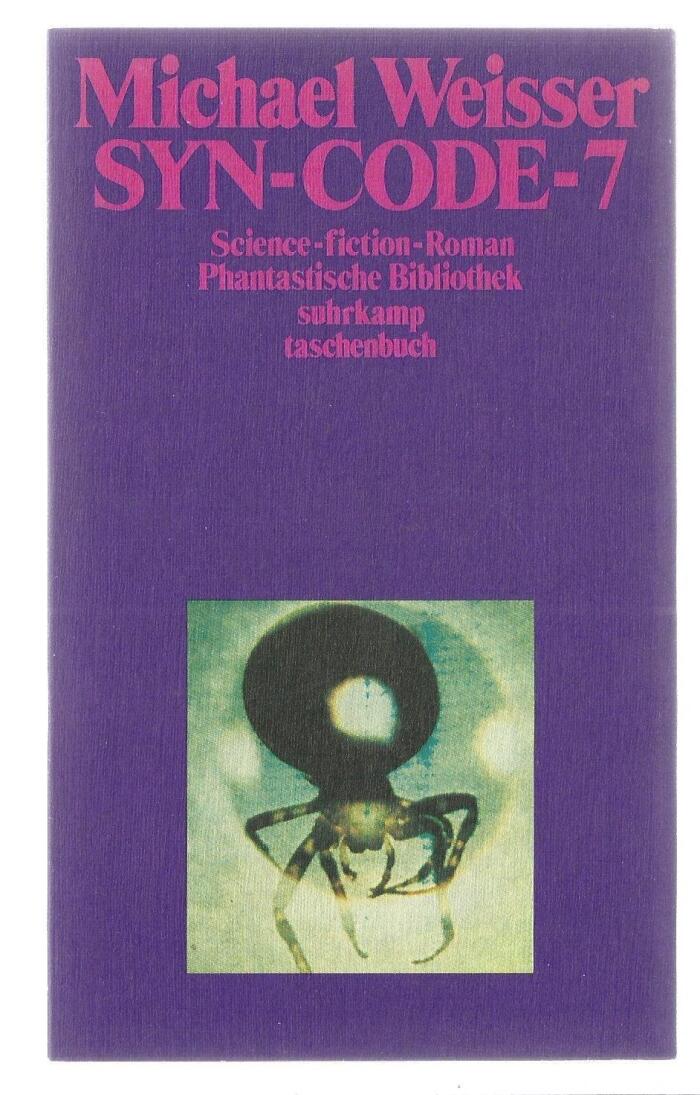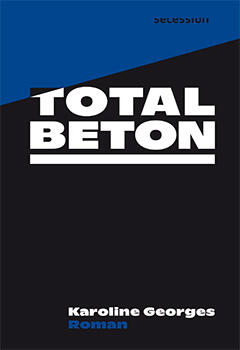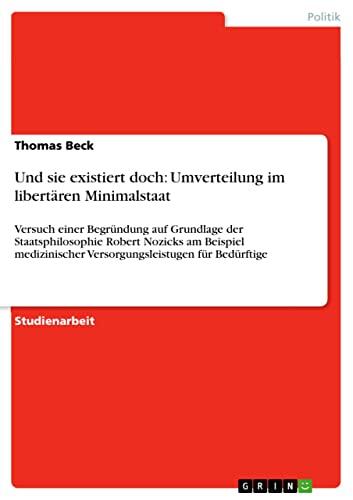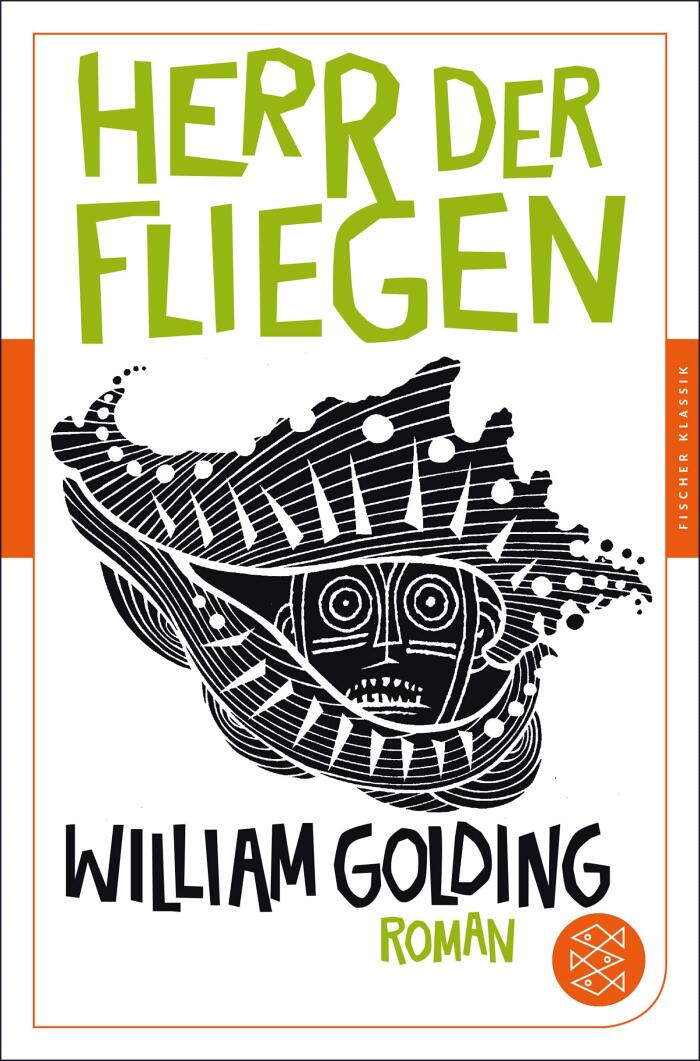
Reiseführer durch das Jenseits. Die Apokalypse des Paulus in der Slavia Orthodoxa
от
Nikolaos H Trunte
Оценок пока нет
Dystopian
Формат
Мягкая обложка
Страницы
360
Язык
Немецкий
Опубликовано
Jan 1, 2013
Издатель
Peter Lang GmbH, Internationaler Verlag der Wissenschaften
Издание
New
ISBN-10
386688320X
ISBN-13
9783866883208
Описание
In this insightful exploration, Nikolaos H. Trunte delves into the intriguing intersection of early Christian thought and Slavic cultural contexts. With a focus on the Apocalyptic visions attributed to Paul, the work unravels how these theological motifs resonate within the realm of Slavia Orthodoxa. Trunte's analysis reveals a rich tapestry of beliefs and practices as he examines the impact of these apocalyptic narratives on Slavic identity and spiritual life.
Trunte meticulously traces the historical and literary influences that shaped the reception of Paul's apocalypse in Slavic Christianity. By highlighting the unique adaptations and interpretations within the Orthodox tradition, he draws attention to the resilience and flexibility of faith in the face of existential questions posed by the end times. The author's scholarly approach balances rigorous analysis with accessibility, making complex ideas understandable to a wider audience.
As the reader progresses through the pages, they encounter not only theological discussions but also reflections on how these ancient texts continue to carry significance in contemporary Slavic societies. Trunte’s work encourages a dialogue between past and present, fostering a deeper appreciation for the cultural legacy of apocalyptic thought in Eastern Christianity.
Overall, this study is a significant contribution to the fields of Slavic studies and religious history, urging readers to contemplate the profound ways in which apocalyptic literature informs spiritual and cultural identity.
Trunte meticulously traces the historical and literary influences that shaped the reception of Paul's apocalypse in Slavic Christianity. By highlighting the unique adaptations and interpretations within the Orthodox tradition, he draws attention to the resilience and flexibility of faith in the face of existential questions posed by the end times. The author's scholarly approach balances rigorous analysis with accessibility, making complex ideas understandable to a wider audience.
As the reader progresses through the pages, they encounter not only theological discussions but also reflections on how these ancient texts continue to carry significance in contemporary Slavic societies. Trunte’s work encourages a dialogue between past and present, fostering a deeper appreciation for the cultural legacy of apocalyptic thought in Eastern Christianity.
Overall, this study is a significant contribution to the fields of Slavic studies and religious history, urging readers to contemplate the profound ways in which apocalyptic literature informs spiritual and cultural identity.
Обзоры
Отзывов пока нет
Станьте первым, кто оставит отзыв о этой книге и поделится своими мыслями
Добавить первый отзывЖурнал чтения
Журналы чтения не найдены
Начните отслеживать ваш прогресс в чтении, чтобы видеть записи здесь
Добавьте ваш первый журнал чтенияЗаметки
Журнал транзакций
Журналы транзакций не найдены
Начните отслеживать ваши книжные транзакции, чтобы видеть записи здесь
Добавьте ваш первый журнал транзакций